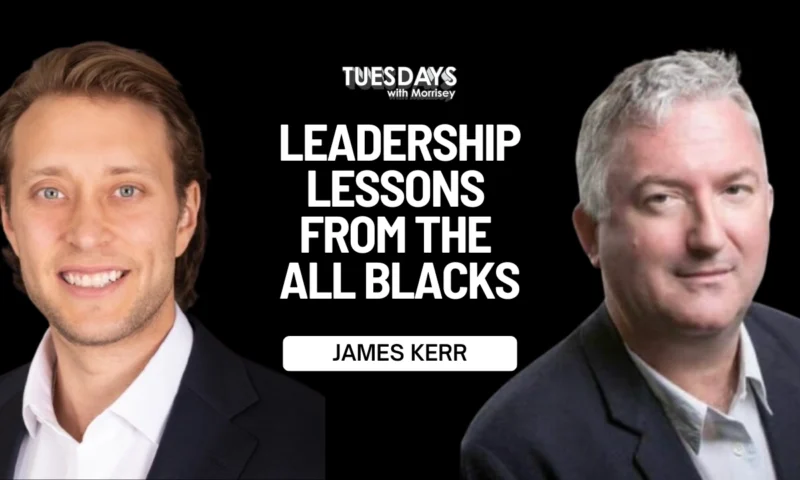The Economies of Scale Behind Iconic Products
Data drives decisions of the worlds largest companies but in a world with constant data, how do you make sense of it? Host TC Riley, puts the world under the lens of data and analytics and explores current news, B2B trends, and popular topics.
Diving into Data takes on the subject of economies of scale. Host TC Riley welcomed fellow Marketscale team member David Hidinger to discuss the data behind economies of scale. They looked at two unique use cases, beer and Girl Scout cookies.
First, Hidinger defined economies of scale. “The concept is that when an industry or firm grows larger, it receives benefits based on its size.”
Those benefits can hit almost every aspect of business, from lower prices for ingredients purchased in bulk to efficiency improvements. To simplify it, Hidinger said, “It’s why you go to Sam’s Club versus Walmart.”
Next, the two discussed beer and breweries. The data shows that macro breweries have shrunk significantly from 1975 to 2019, mainly due to consolidation. On the other hand, microbreweries have exploded in growth. However, they really aren’t direct competitors.
Riley said, “With macro breweries, it’s basically the same beer, so it’s branding and price that drives the purchase.”
Microbreweries aren’t trying to sell or produce at a large volume, so they don’t benefit from economies of scale. They compete on flavor, options, and brand identity. Macro brewers do, but that also means they can’t pivot to a new product without assurance they’ll sell enough to cover their investment.
Girl Scout cookies have a unique production and distribution. This industry also saw consolidation from 29 bakeries to only two. So, why do troops in the same geographic area have different cookies? “Regional councils each choose the bakery the contract with and negotiate separately based on volume,” Riley answered.
The volume of those councils has only data from their region, so forecasting isn’t always accurate. It could be more so if they had a larger data pool. However, they are selling $800 million in cookies each year, at around $5 a box. They probably aren’t leaning into scale as much because it’s a philanthropic model, not a profit-centered one.
Follow us on social media for the latest updates in B2B!
Twitter – @MarketScale
Facebook – facebook.com/marketscale
LinkedIn – linkedin.com/company/marketscale









